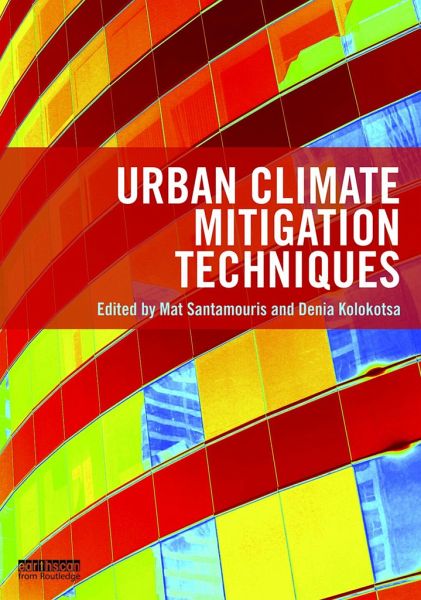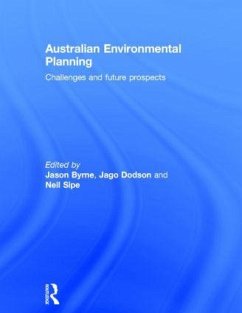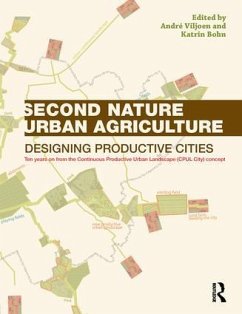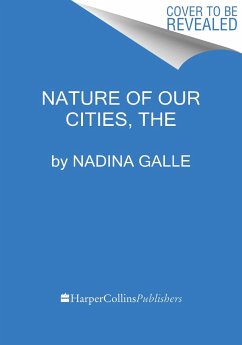
Urban Climate Mitigation Techniques
Versandkostenfrei!
Versandfertig in über 4 Wochen
176,99 €
inkl. MwSt.

PAYBACK Punkte
88 °P sammeln!
The urban climate is continuously deteriorating. Urban heat lowers the quality of urban life, increases the energy needs at the urban scale, and affects the urban socio-economy. However, there are steps that can be taken to mitigate this situation. This book presents a series of innovative technologies as well as examples of best practices for the improvement of the urban climate. Case studies prove the applicability of the measures proposed in various cities around the world. Aimed at the urban designer, architect or planner, this book takes a step by step tour of the various technologies for...
The urban climate is continuously deteriorating. Urban heat lowers the quality of urban life, increases the energy needs at the urban scale, and affects the urban socio-economy. However, there are steps that can be taken to mitigate this situation. This book presents a series of innovative technologies as well as examples of best practices for the improvement of the urban climate. Case studies prove the applicability of the measures proposed in various cities around the world. Aimed at the urban designer, architect or planner, this book takes a step by step tour of the various technologies for the improvement of the urban climate.












